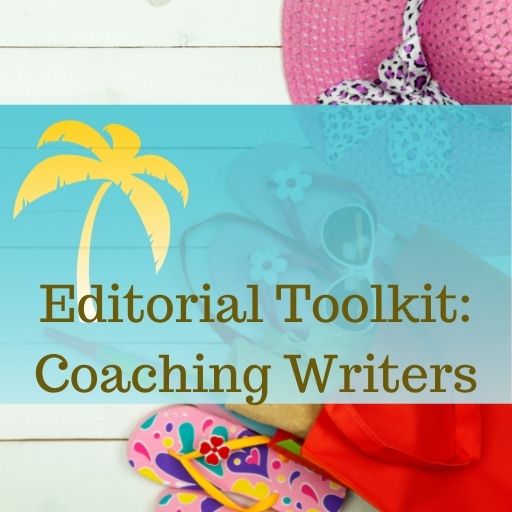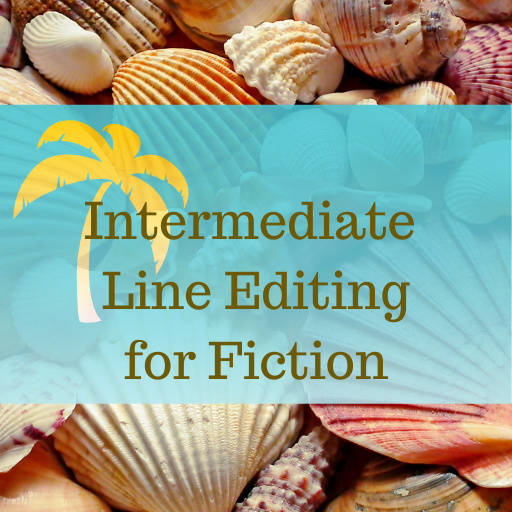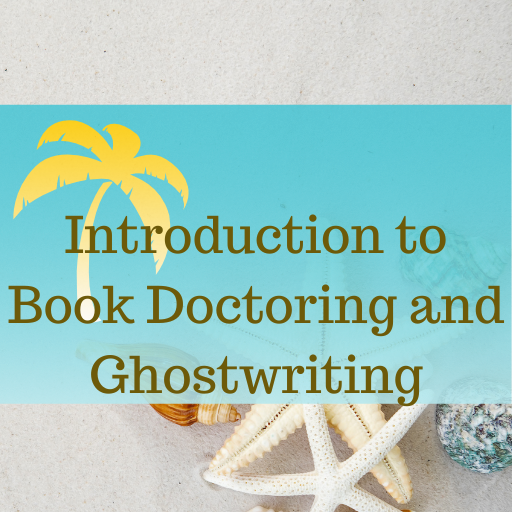Coaching for introverts (people who hate talking on the phone/Zoom/in person)

Coaching for introverts
Editors, like authors, are often introverts (me among them). This can make them/us/me resistant to offering coaching as an option for writers as it seems like a service that has to be delivered in person or over a phone/Zoom call in one-hour increments.
Many introverts have trouble even meeting friends in person, let alone clients, and don’t get me started about how much we hate talking on the phone. HATE HATE HATE it. With a fiery, all-consuming passion. (Or maybe that’s just me).
You don’t have to be an introvert to be filled with ennui at the thought of coaching this way. Some people dislike the feeling of being put on the spot to answer questions immediately or struggle to be at a specific time and place to attend a meeting or deliver a scheduled call.
Coaching for introverts can be an obstacle, but here are some tips on how to overcome it.
How to deliver coaching services
But coaching – what we might define as anything outside a specific editorial process (like developmental editing or copyediting) that helps a writer write or sell their books, such as brainstorming a plot or reviewing back cover copy – can be delivered in other ways.
For example, coaching can be delivered asynchronously by email. This is how most of my coaching is done. Or, it could be done by text, as a scheduled exchange, or via a private forum/chat/chat room, either at a scheduled time or asynchronously. I know one editor who receives coaching questions by email and delivers answers via recorded video.
Our writer clients are often just as happy not to have to get on the bus/on the phone/comb their hair for a Zoom call, so think of these alternative means of delivery as a potential benefit to the client, not as something you have to cross your fingers and hope they’ll agree to.
Other Helpful Content
The Fine Art of Copyediting Fiction
When copyediting fiction, it’s common to run up against issues that pit author preference against standard editing approaches. For example, in a story I wrote some years ago, the main character’s neighbor is referred to as “3-B” as that is her apartment number and the MC doesn’t know her name. Fine. She can be referred…
Let the manuscript teach you how to edit it
One of the lessons I’ve learned over many years of editing is that you have to let the manuscript teach you how to edit it. Every manuscript is different and every manuscript needs a different touch. Even when an author does something I’ve seen many times before, I have to edit for that particular manuscript,…
Helping Authors Strengthen Story Settings
The setting of a novel consists of multiple elements, big and small, that nest inside each other like those little Russian dolls. We might show this hierarchy of settings like so: If you think about it, the micro setting of “the living room of 601 San Mateo Road Apartment 16” implies the existence of all…
Join the Club!
New to story editing? Begin at the beginning.





